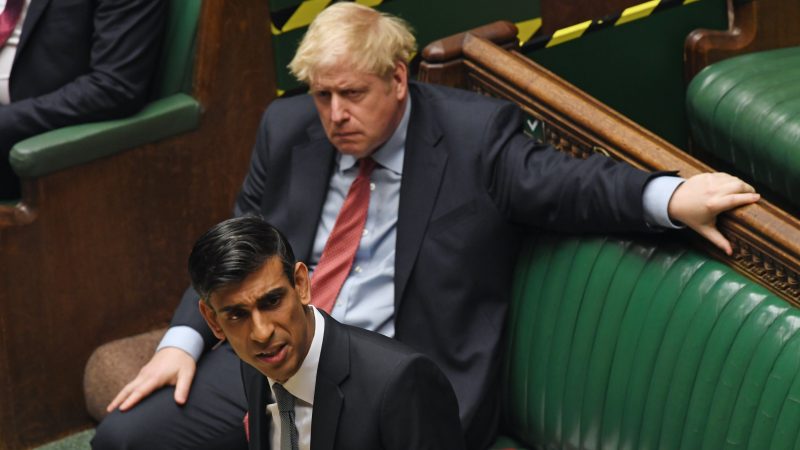
This week has marked a year since the televised address announcing the first coronavirus lockdown, and today we mark a year since the unveiling of the self-employment income support scheme (SEISS).
Coronavirus has been a gut punch for many of the self-employed. The overwhelming evidence and experiences of thousands of self-employed workers over the last year have showed us that the SEISS fell far short of its goal of being a financial lifeline through the pandemic.
Millions of people across the country found themselves without support, or with limited support, during the toughest economic period in our modern history. They were excluded from government support for reasons such as being newly self-employed, having only part of their income being made from self-employment, or for being a director of their own company.
Not only have many self-employed workers been excluded from support, but they have also been an afterthought during this pandemic. When the government announced the job retention scheme, almost a week later they announced details of the SEISS leaving millions of self-employed workers in the dark about what support in the months ahead would look like.
A combination of these experiences and treatment from a government that should be there to support them in times of crises have consequences. Our joint inquiry with Prospect and the FSB into the future of self-employment showed that more than half of self-employed people have lost between 60% and 100% of their income since the start of the pandemic.
More than 70% had been unable to access benefits, often because savings set aside for healthcare, pensions or tax bills ruled them out. Around half said they were less likely to want to work freelance in future. That is deeply unfair to the workers themselves, but also represents an existential threat to the entire industry.
Even after all that our county’s self-employed have had to endure in the last year, there remains countless challenges ahead. Announced in the most recent budget, the final grant for the self-employed is due to stop at the end of July. This is despite the fact that furlough payments will be continuing until September.
The timetable that the Prime Minister has set out indicates that social restrictions will not be lifted until June 21st at the earliest. Even then, it will take some time for society and for economy activity to return to some form of normality. The extension of furlough recognises this.
If furlough is extended until September, why are the self-employed workers being treated differently yet again during this pandemic? Why are so many thousands of workers still without any support at all a year into this crisis? Our self-employed members say to us all the time that they “pay into the system too” and “just wanted to be treated equally”.
The upcoming new IR35 legislation will also adversely impact the self-employed. At a time when firms need the flexibility that self-employed workers bring, enforcing the requirement for firms to determine their contractor’s statement in the private sector will cause many firms to stop using contractors altogether, harming both contractors and their engagers. That’s why we’ve called for the reforms not to be brought into force this April whilst we are still recovering, and indeed still in, the pandemic.
Our self-employed workforce is the hidden backbone of the British economy. They make up roughly 15% of our workforce and are pivotal to the UK’s fastest growing and most innovative industries such as in science, engineering, healthcare, the arts, entertainment, the media and to the delivery of other important services across the country.
This year, the self-employed will contribute an estimated £125bn in turnover to the UK’s economic recovery. The contribution that self-employed workers make to our country and local economies is vital, but the last year has been terrible for many self-employed workers in this country.
For the next 12 months and beyond, we need a new deal for the almost five million self-employed across the UK, and for them to finally get the fair treatment and support they need and deserve. Self-employed workers are workers, and it’s time for our government to start treating them like it.




More from LabourList
‘Labour promised to make work pay. Now it must deliver for young people’
‘Council Tax shouldn’t punish those who have the least or those we owe the most’
Two-thirds of Labour members say government has made too many policy U-turns, poll reveals